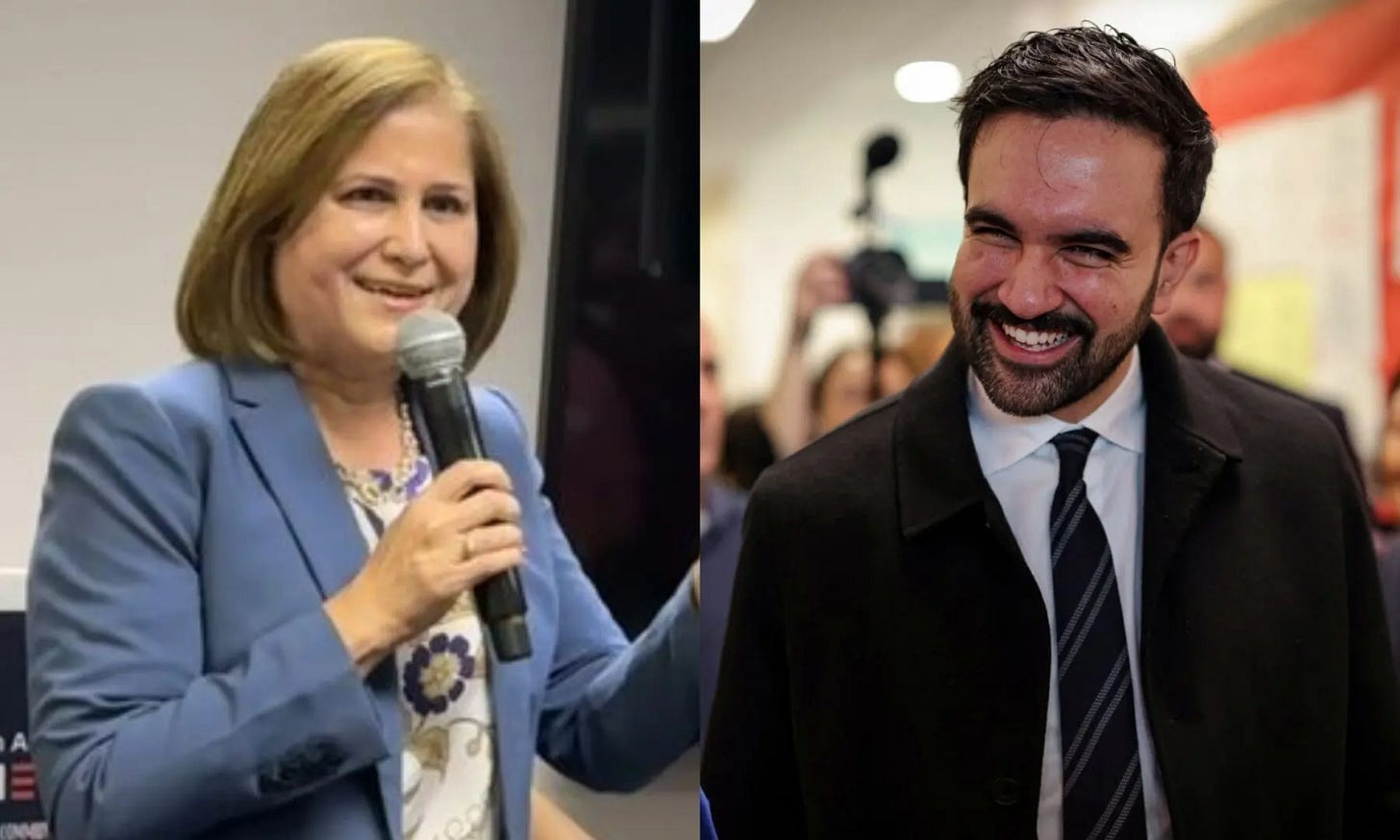Democrat Zohran Mamdani has made history by becoming the first Muslim mayor of New York City. At the same time, Democrat Ghazala Hashmi achieved a similar milestone by becoming the first Muslim woman elected to statewide office in the United States, winning the race for lieutenant governor in Virginia. Their victories, confirmed on November 4, 2025, mark a turning point in the representation of Muslim and South Asian Americans in American politics, reflecting a broader shift toward greater inclusivity and the influence of diverse communities at the highest levels of government.
Trailblazing Victories in New York and Virginia
Mamdani, a 34-year-old democratic socialist, won the New York City mayoral race by defeating former Governor Andrew Cuomo, who ran as an independent, and Republican Curtis Sliwa. With over 677,000 votes, or 49.6% of the total, Mamdani’s victory is the first time a Muslim and South Asian American will lead the nation’s largest city, and he is also the youngest mayor elected in over a century. Hashmi’s triumph in Virginia is equally significant, as her campaign brought together a broad coalition of Muslim and South Asian voters, making her the first Muslim woman to achieve statewide office in U.S. history.
Roots and Political Journeys
Mamdani was born in Uganda to Indian parents, acclaimed filmmaker Mira Nair and scholar Mahmood Mamdani, and moved to the United States when he was seven years old. He is a naturalized U.S. citizen, and his campaign for mayor focused on affordable housing, free day care, and expanded public services, resonating with a broad coalition of working-class and immigrant voters. Hashmi, born in Hyderabad, India, has a background in education and academia, serving as a professor before entering politics. She entered the Virginia state Senate in 2019, becoming the first Muslim woman and South Asian American to hold that position, and her campaign for lieutenant governor continued to emphasize inclusivity, education, and healthcare reform.
Impact and National Significance
The election outcomes are more than personal achievements; they are seen as a historic moment for Muslim and South Asian Americans, who have often faced barriers to political participation and representation. Political analysts emphasize that the victories of Mamdani and Hashmi reflect a generational realignment, as young, diverse voters become decisive forces in American elections. “We’re no longer on the sidelines,” said Mansoor Qureshi, chairman of Virginia’s Civic Committee on the Governor’s Asian Advisory Board. “Our votes can decide statewide races — and shape the country’s political future”.
Future implications
The landmark victories of Mamdani and Hashmi are expected to inspire a new generation of political leaders from Muslim and South Asian communities, signaling a more inclusive era in American governance. As these newly elected leaders prepare to take office, their focus will be on translating their groundbreaking campaigns into effective policies that reflect the needs of diverse constituencies. Their success is a testament to the growing political power and influence of underrepresented communities in the United States, setting the stage for future breakthroughs in representation and inclusion.



